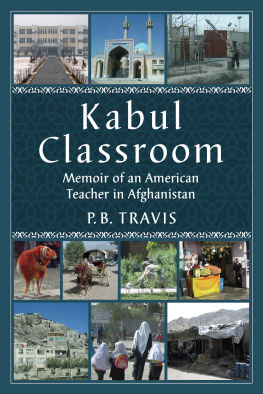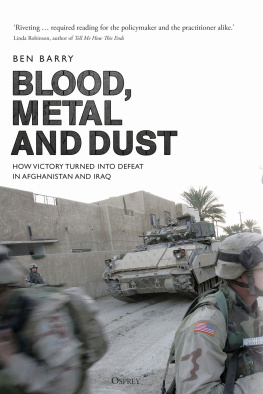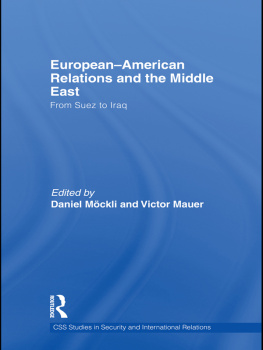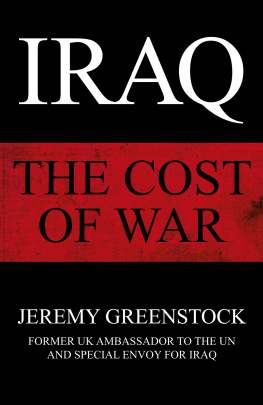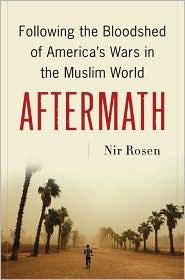The Envoy
From Kabul to the White House, My Journey Through a Turbulent World
Zalmay Khalilzad

St. Martins Press
New York
Thank you for buying this St. Martins Press ebook.
To receive special offers, bonus content, and info on new releases and other great reads, sign up for our newsletters.
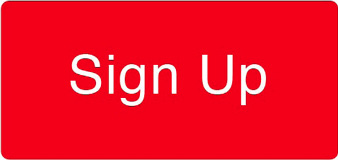
Or visit us online at us.macmillan.com/newslettersignup
For email updates on the author, click here.
The author and publisher have provided this e-book to you for your personal use only. You may not make this e-book publicly available in any way. Copyright infringement is against the law. If you believe the copy of this e-book you are reading infringes on the authors copyright, please notify the publisher at: us.macmillanusa.com/piracy .
Kabul, June 20, 2005
Ascending the gray, metal staircase toward the cockpit, I was invited to take a spot in the second row of seats, just behind the captain. Behind me, the cargo hold loomed, completely empty, cavernous, big enough to carry an M1 Abrams tank.
Previously when I hitched rides on C-17s, I traveled in the company of gigantic earthmoving equipment or combat vehicles on their way to Afghanistans Bagram Airbase or Kandahar. It was my last day as a special presidential envoy and ambassador to Afghanistan, and this plane had been sent to transport me to my new post as ambassador in Baghdad. Its flight, in fact, was probably the first one ever between the two war-ravaged capitals. It was an especially emotional departure for me since the place I was leaving behind was the nation of my birth. After the Soviet invasion of Afghanistan in 1979, I wondered if I would ever return. Then I had come back as a senior diplomat after the attacks of 9/11. Now I was leaving again, with business very much unfinished.
Was I letting Afghanistan down? Certainly, the U.S. ambassador does not determine the fate of a nation. But I had spent the past three years helping Afghan leaders construct and strengthen a fragile government after a quarter century of revolution, occupation, and civil war. I had mediated disputes among warlords and induced them to cooperate with the national government. I had helped Afghan leaders put down the foundation of national institutions, such as the Afghan National Army. I had confronted the challenges posed by plotting neighbor states. Afghanistan, as well as the United States and other friendly powers, was struggling with a reemerging Taliban insurgency. We had made progressmore than many thought possiblebut we certainly werent finished.
I had been asked by President George W. Bush to move on to Iraq, a country falling into sectarian conflict. I was needed there, my superiors had said, right away.
The giant plane taxied down the runway. Before us were the peaks of the Hindu Kush, some still covered with snow even in late June. As we climbed, I looked down on a country that over the centuries had been the seat of great empires, occupied by armies of conquerors such as Alexander the Great, and afflicted by tyrants and turmoil. It also was the birthplace of the Persian Sufi mystic and writer Rumi and the home of poets, the worlds earliest glassmakers and miners, and agile merchants on a bustling way station of the Silk Road.
I reflected on the historical drama that had brought me back to Afghanistan. Even as a young person, I had perceived the rise of what I called the crisis of Islamic civilizationa crisis grounded in the collapse of the civilizations dominant position in the world in the fifteenth century and the failure of all subsequent empires and national governments to deliver for their peoples. As a young visitor and an immigrant to the United States, I saw that other countries had found a better path. In my early career, I had warned that this crisis was producing a wave of violent Islamist extremism. It ultimately resulted in the attacks of 9/11.
I could not sit still or get the sleep I needed. Instead, I paced the hollow belly of the C-17, and let my thoughts wander to my youth.
I recalled my first glimpse of the presidential palacemore recently the site of my negotiations and meetings with Afghan politicianswhen I was still a young boy recently arrived in Kabul from my birthplace in Mazar-i-Sharif. It was then still the royal palace of King Zahir Shah. It had been only a short stroll from Independence Square, with green spaces adorned with sculpted shrubbery and flowerbeds.
I had been dazzled by the palaces huge walls, the honor guards posted outside, and the historic black cannons that stood as monuments of the Afghan victory over the British in the nineteenth centurya testament to the fact that my people had fought for independence and defeated the greatest empire on the planet. An enormous Afghan national flag flying from the central tower above the main gate had given the structure an added sense of grandeur. The architects had achieved their intended effect: I had felt awed by their physical embodiment of the Afghan state. It seemed as enduring and formidable as Afghanistans mountains.
In the 1950s, there were no serious security issues, no bombs exploding, and no insurgents. Ordinary citizens could walk right up to the palace gates. Those were, in the familiar American expression, the good old days. But, as seemed to be my homelands fate throughout the centuries, they were not to last.
The Soviet Unions bitter, decade-long occupation, coupled with American disengagement and neglect after the Soviet withdrawal, left the country to the tender mercies of fractious leaders of armed internal factions and acquisitive regional powers such as Pakistan, Iran, and Russia. Instability in Afghanistan produced toxic results: proxy warfare among regional powers, an explosive escalation in the opium trade, massive refugee populations in neighboring countries, energized militant Islamist ideologies, the rise of transnational terrorist groups such as al Qaeda, and the victory of the Taliban. The Taliban regime imposed a cruel tyranny and an unending civil war against the anti-Taliban groups in the north and entered into an alliance with Osama bin Laden, who plotted the 9/11 attacks while living in Afghan territory.
My last three years, shuttling back and forth between Washington and Afghanistan, had been an exhausting, difficult process of helping to make Afghanistan a normal country.
My last meeting with President Hamid Karzai had occurred just an hour or so earlier in his office. Though we joked with each other as we had done in hundreds of previous meetings we both felt mixed emotions. On the one hand, Afghanistan was now on a better trajectory. The Afghan people as a whole were optimistic about the future and supportive of their government and the U.S. presence. The economy was growing, and progress was occurring in a wide variety of areas. After the presidential elections in October 2004, insurgent violence almost entirely dissipated. We had reports that senior Taliban leaders viewed the high turnout in the national election as a strategic defeat. Some leaders took the view that the insurgency was no longer viable and that reconciliation with the Afghan government was the right course of action. On the other hand, we were uncertain about whether this hopeful state of affairs was permanent or just a pause in the fray.
I was leaving Afghanistan because of a call between President Bush and Iraqs president Jabal Talabani. Iraq was approaching a deadline for the drafting of its constitution. Progress was slow. Near the end of the conversation, Bush had asked whether he could do anything else for the Iraqi leader. Talabani had replied, Yes, send Zal.


